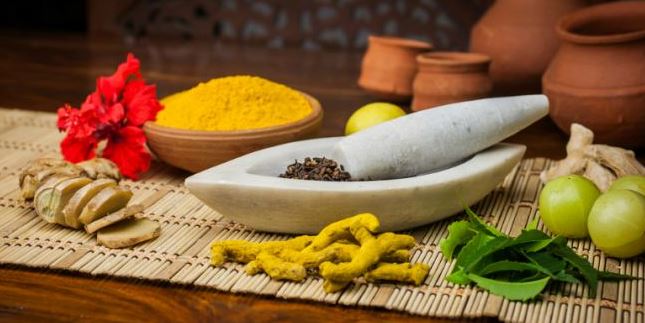WHO Global Centre for Traditional Medicine (GCTM) – The need and objectives

Context: Indian Prime Minister along with World Health Organization (WHO) Director-General, planning to perform the groundbreaking ceremony for the first-of-its-kind WHO Global Centre for Traditional Medicine (GCTM) in Jamnagar, Gujarat.

What is traditional medicine?
- The WHO describes traditional medicine as the total sum of the “knowledge, skills and practices indigenous and different cultures have used over time to maintain health and prevent, diagnose and treat physical and mental illness”.
- According to WHO estimates, 80% of the world’s population uses traditional medicine. Its reach encompasses ancient practices such as acupuncture, ayurvedic medicine and herbal mixtures as well as modern medicines.
Traditional medicine in India:
- Traditional medicine in India is often defined as including practices and therapies — such as yoga, Ayurveda, Siddha — that have been part of Indian tradition historically, as well as others — such as homoeopathy — that became part of Indian tradition over the years.
- Ayurveda and yoga are practised widely across the country.
- The Siddha system is followed predominantly in Tamil Nadu and Kerala.
- The Sowa-Rigpa system is practised mainly in Leh-Ladakh and Himalayan regions such as Sikkim, Arunachal Pradesh, Darjeeling, Lahaul & Spiti.
What will the GCTM be about?
- The GCTM will aim to focus on evidence-based research, innovation, and data analysis to optimize the contribution of traditional medicine to global health.
- Its main focus will develop norms, standards and guidelines in technical areas relating to traditional medicine.
- It will seek to set policies and standards on traditional medicine products and help countries create a comprehensive, safe, and high-quality health system.
- The GCTM will support efforts to implement the WHO’s Traditional Medicine Strategy (2014-23), which aims to support nations in developing policies & action plans to strengthen the role of traditional medicine in pursuing the goal of universal health coverage.
Why has the WHO felt the need to advance knowledge of traditional medicine?
The demand of the member states:
- 170 of its 194 WHO Member States have reported the use of traditional medicine, and these member states have asked for its support in creating a body of “reliable evidence and data on traditional medicine practices and products”.
The need to conserve biodiversity and sustainability:
- The WHO has stressed the need to conserve biodiversity and sustainability as about 40% of approved pharmaceutical products today derive from natural substances.
Modernization of the ways of traditional medicine:
- The WHO has referred to the modernization of the ways traditional medicine is being studied.
- Artificial intelligence is now used to map evidence and trends in traditional medicine.
- Functional magnetic resonance imaging is used to study brain activity and the relaxation response that is part of some traditional medicine therapies such as meditation and yoga, which are increasingly drawn on for mental health and well-being in stressful times.
To serve as a hub:
- According to WHO, traditional medicine is also being extensively updated by mobile phone apps, online classes, and other technologies.
- The GCTM will serve as a hub for other countries, and build standards on traditional medicine practices and products.
Practice Question for Mains
- What is Global Centre for Traditional Medicine (GCTM)? Discuss the need for the focus on evidence-based research, innovation, and data analysis to optimize the contribution of traditional medicine to global health. (250 Words, 15 Marks)
If you like this post, please share your feedback in the comments section below so that we will upload more posts like this.

